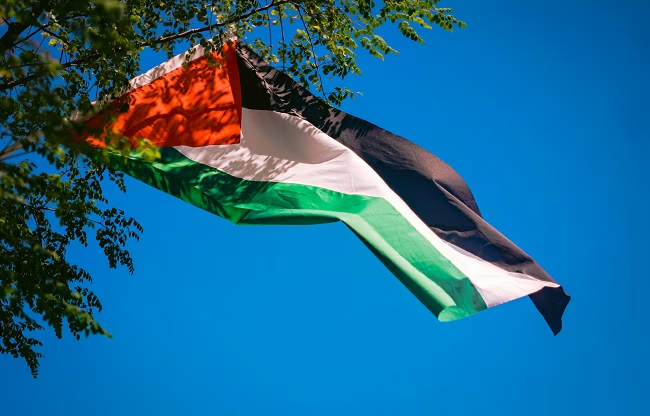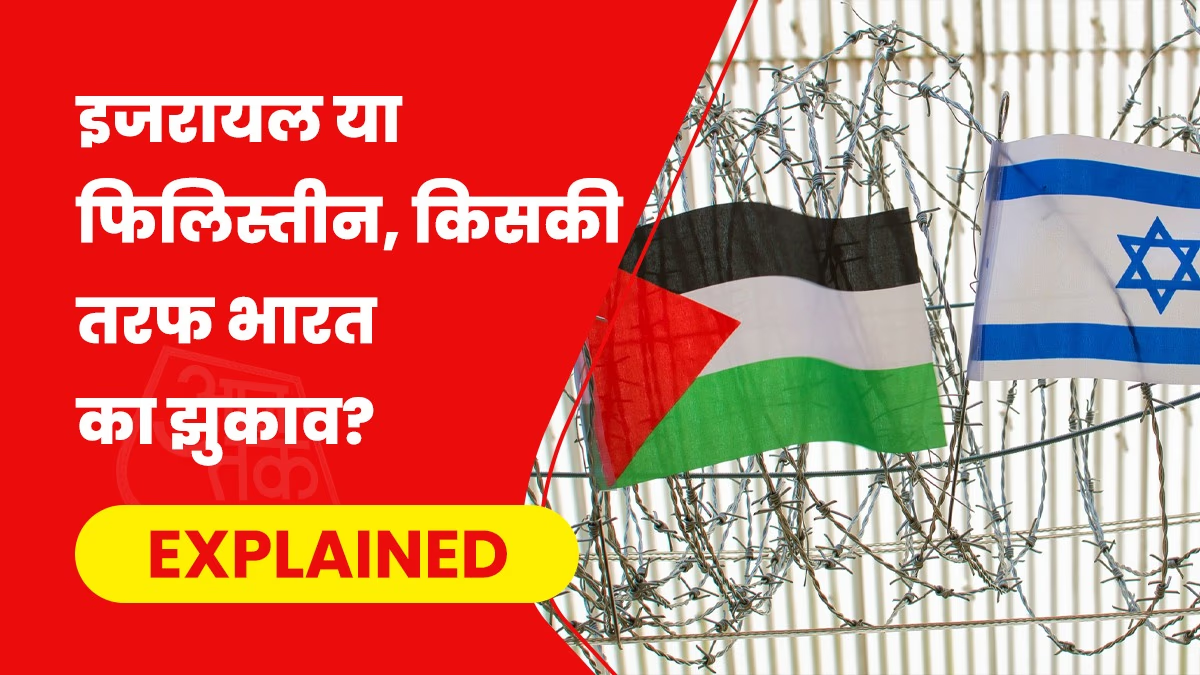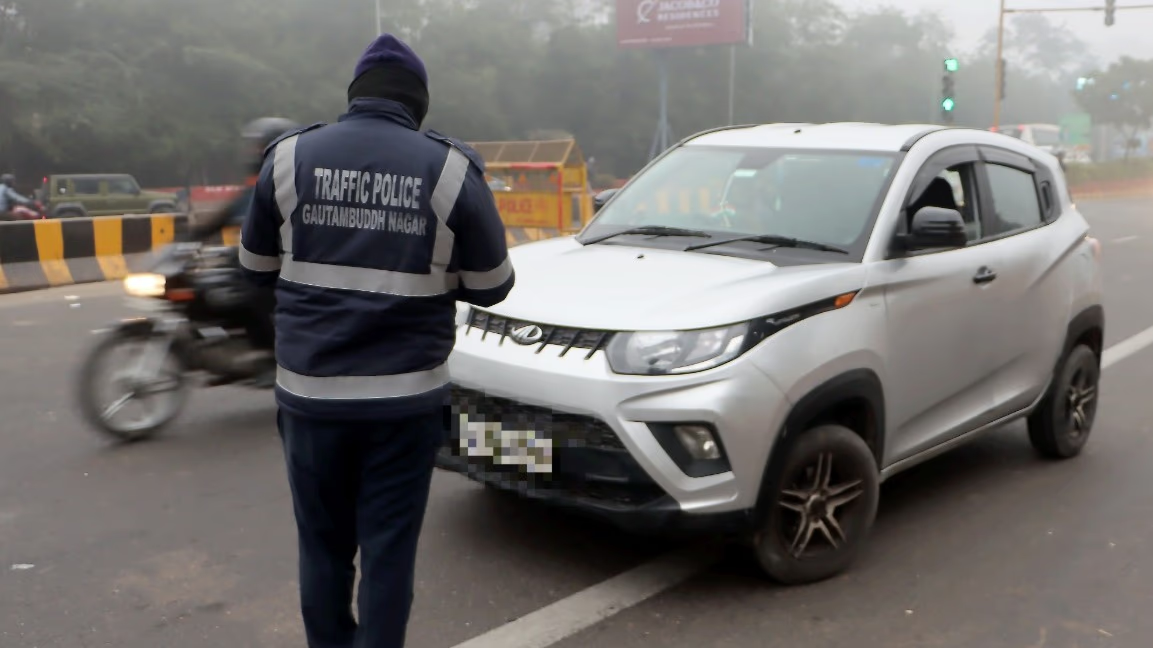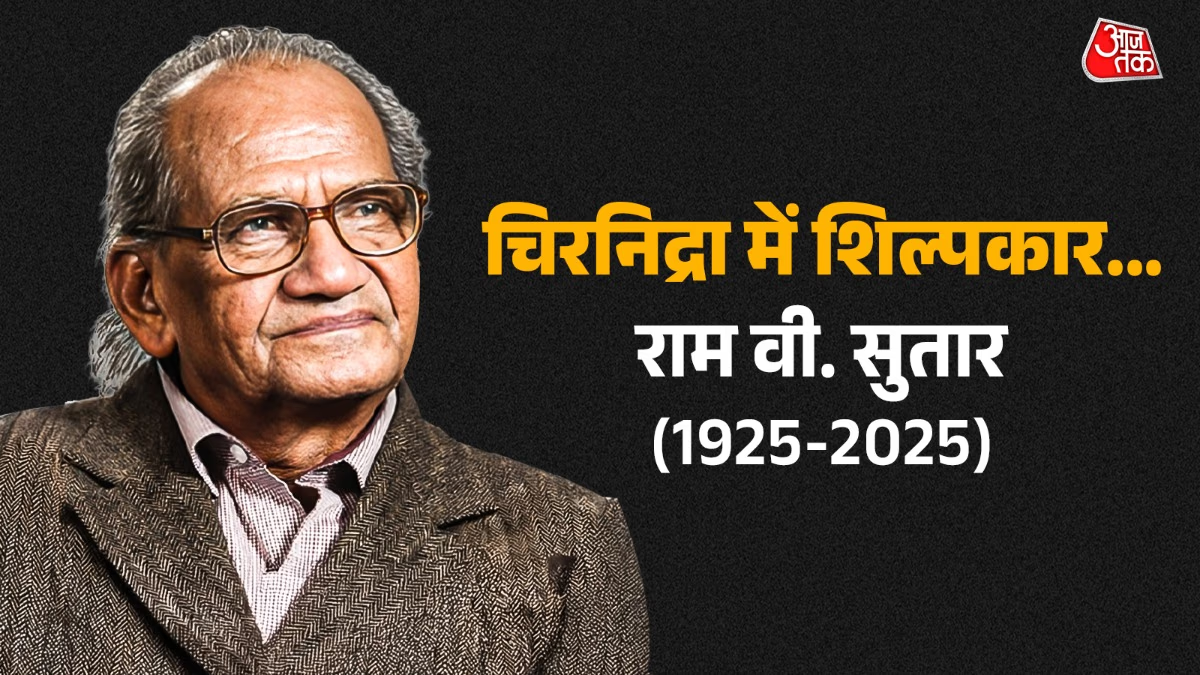Historically, India's inclination was more towards Palestine. It was the first non-Arab nation to recognize the Palestine Liberation Organization as the legitimate representative of the Palestinian people. We consistently advocated for the Gaza Strip and the West Bank. Even after acknowledging Israel, our diplomatic relations with it weren't as open as with Palestine. But since the October conflict involving Hamas and Israel, our diplomacy has experienced several shifts.
Why It's Being Discussed Now
Recently, Congress MP Priyanka Gandhi was seen in Lok Sabha with a bag supporting Palestine, leading to criticism from BJP. Critics argue she shows more empathy towards distant Palestine than Hindus facing violence in Bangladesh. Previously, Owaisi also faced backlash for raising a pro-Palestine slogan during the oath ceremony. So, is India distancing itself diplomatically from Palestine, or is the appearance of a pro-Israel policy creating this perception?
Persistently Close to Palestine
Since the conflict between Israel and Hamas erupted, India's diplomatic relations have fluctuated. India has supported Palestine consistently, yet its ties with Israel are deepening. It maintains a balance between the two. The relationship with Palestine began when Mahatma Gandhi opposed the establishment of a Jewish state adjacent to Palestine. Upon the UN's proposition to partition Palestine, India voted against it alongside Arab nations. Even with the UN, India initially opposed Israel’s inclusion.

Source: aajtak
Why Were Relations with Israel Limited?
India was part of the non-aligned movement, which avoided siding with any bloc. With US backing for Tel Aviv, India maintained some distance. Strong trade relations with Arab countries also encouraged India to support Palestine, staying in the good books of the Arabs.
That's the history; many things have changed in the current scenario.
When Did the Policy Shift Begin?
In 1992, India established full diplomatic relations with Israel. Simultaneously, India supported Palestine, striving for balance to maintain cordial ties with Arab nations while strengthening bonds with Israel. India's diplomatic strategies are driven by national interests, involving both Arab states and Israel, embodying what can be termed multilateral diplomacy.
Currently, India has robust diplomatic and trade relations with Israel, engaging in anti-terror and military exercises. Meanwhile, India continues to provide humanitarian aid to Palestine and has significantly funded the United Nations Relief and Works Agency for Palestinian Refugees.

Source: aajtak
At the United Nations, India has consistently maintained a clear stance, voting against the 2017 US-Israel proposal that aimed to recognize Jerusalem as Israel's capital. However, India has also spoken against terrorism carried out in the name of Palestine.
The two-state solution, a point of contention between Palestine and Israel, has always been supported by India aligning with the UN, advocating for Palestine as a separate nation. During his 2018 Palestinian visit, PM Narendra Modi emphasized India’s wish for both nations to coexist peacefully, valuing both their recognition and security.
Could Pro-Palestine Support Be Problematic?
Recently, several incidents claimed actions against pro-Palestine slogans or flag displays were taken, yet this isn’t wholly accurate. Supporting any foreign nation isn't penalized unless it conflicts with public security or national interest. In some scenarios, it could be deemed wrong or criminal, such as showing allegiance to a nation India conflicts with. Actions inciting hatred against the state while endorsing Palestine could be an offense. Demonstrating support for terrorist organizations or extremist groups similarly falls into this category.




